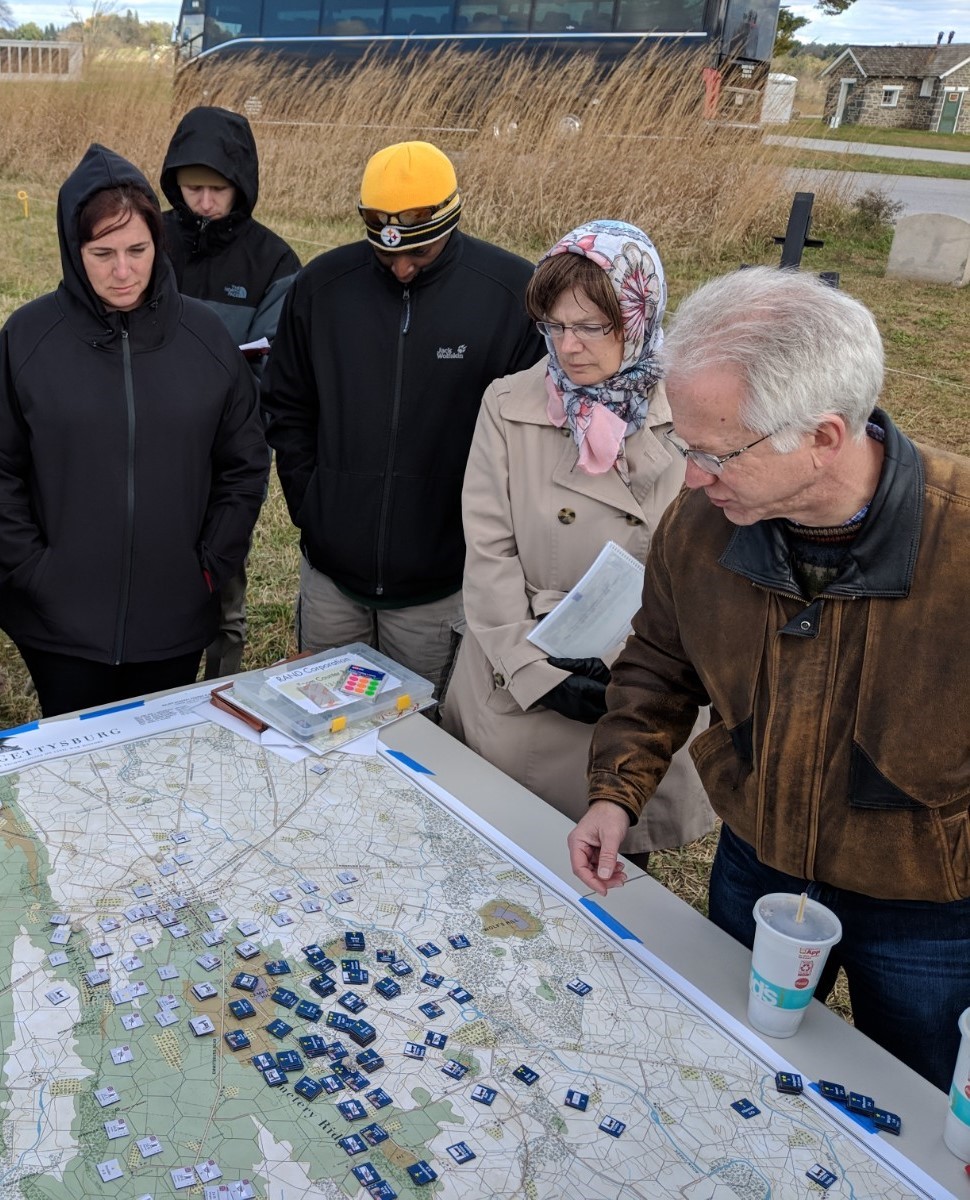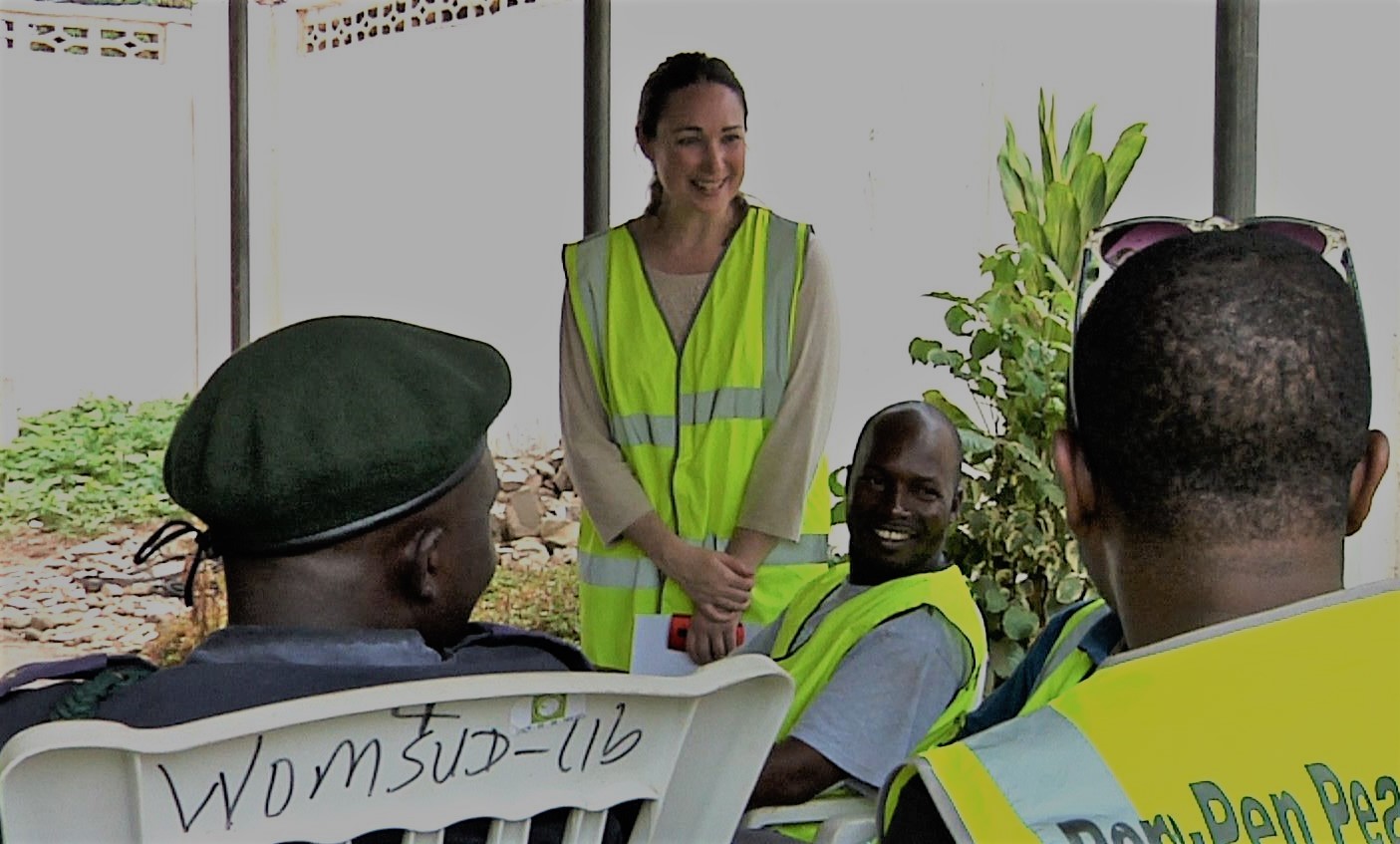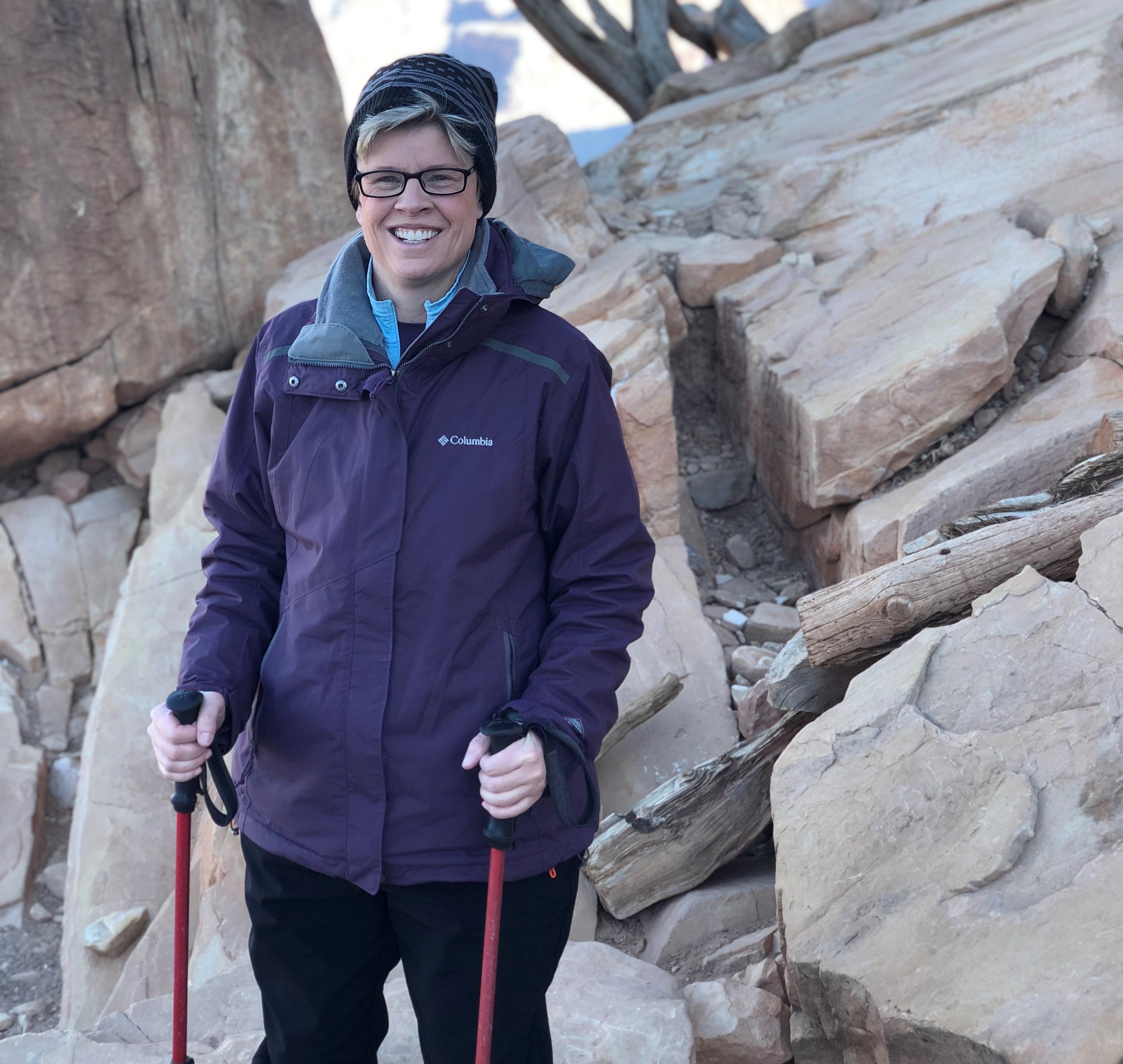
Advisory Board
FORCES is honored to have diverse and talented thought leaders on our Advisory Board. All provide expertise that helps shape this initiative's direction and they also share important insights that strengthen the FORCES foundation. From time to time, Advisory Board members will be featured on our website, including through commentaries written by them, so you can get to know their work and the impact they are making in the world.
Daniel DeLaurentis, Ph.D.
Director, Purdue Institute for Global Security and Defense Innovation
Advisory Board Head
Daniel DeLaurentis, PhD, is a professor in Purdue’s School of Aeronautics & Astronautics (Engineering). He also serves as director of Purdue’s Institute for Global Security and Defense Innovation (i-GSDI) in the University’s Discovery Park. i-GSDI’s mission is to converge Purdue’s interdisciplinary resources to bring timely, responsive and transformative solutions to the most pressing security and defense challenges facing the nation and the world. DeLaurentis’ primary research interests are in the areas of problem formulation, modeling and simulation, and robust system design and control methods for aerospace systems, transportation architectures, and systems-of-systems (SoS), conducted under grants and contracts from private industry, NASA, FAA, Navy, the Department of Defense Systems Engineering Research Center UARC, and the Missile Defense Agency.
Sean Barnett, Ph.D.
RAND Corporation
Sean Barnett is a senior engineer at the RAND Corporation. A defense analyst, nuclear engineer and attorney, he has 30 years of experience in the fields of national security, energy, and law. At RAND, most of his work has supported the Army and has involved military operational assessments, modernization and force structure requirements, and force management issues. He recently analyzed potential major conflicts with Russia, North Korea, and China. Barnett has also worked on North Korean nuclear weapon developments, artillery and aviation requirements, theater-level combat modeling, and the Army personnel screening system. He has been involved with wargaming for many years, and he leads and supports RAND’s wargame development efforts across multiple theaters and potential conflicts.
Prior to RAND, he worked as a research staff member at the Institute for Defense Analyses (IDA). There, he led research for the Departments of Defense and Homeland Security, focused on strategic planning and risk management, military force structure and basing, strategic materials, defense against nuclear attack, and infrastructure protection. Before working at IDA, Barnett practiced administrative law, focusing on nuclear energy regulation and facility licensing matters before the Nuclear Regulatory Commission and the federal courts. He enjoys traveling, military history, and wargaming, and he's written short books of wargaming scenarios centered on the World War II battles of Villers-Bocage and Operation Epsom.
Barnett received his bachelor’s degree and doctorate in nuclear engineering from Purdue University and Massachusetts Institute of Technology, respectively. He earned his J.D. from Georgetown University Law Center.
Stacey L. Connaughton, Ph.D.
Director, Purdue Policy Research
Stacey L. Connaughton is a professor in Purdue University’s Brian Lamb School of Communication, director of the Purdue Policy Research Institute (PPRI), and director of the Purdue Peace Project (PPP), which is housed in the PPRI. Her research examines leadership and identification in virtual teams/organizations and political violence prevention.
At the PPP, Connaughton led project development, monitoring and evaluation for locally-led political violence prevention initiatives in Ghana, Liberia, and Nigeria. She served as a thought leader on distributed leadership for the U.S. Army Research Institute’s Leader Development Unit. A consultant to USAID’s Liberia Strategic Analysis Program, she directs development of a mentorship program and leadership curriculum designed to develop the Liberia’s next generation of leaders. She has also presented her research to industry, military, and higher education audiences, and facilitated workshops and written guidebooks about virtual teams, leadership, team building, strategic planning, and effective communication in the United States, Canada, China, and Saudi Arabia. She earned her doctorate from The University of Texas at Austin.
Connaughton has received Purdue’s 2017 Faculty Engaged Scholar Award, the 2020 Provost’s Graduate Mentor Award, and the 2018 Trailblazer Award – an award that honors a midcareer, tenured faculty member for innovation and impact in research. She previously served as Lamb School’s associate head, its director of graduate studies, and associate chair of Purdue’s Social Sciences Institutional Review Board. Her work is supported by the National Science Foundation, the Carnegie Corporation, and the Russell Sage Foundation.
Gail S. Yoshitani, Ph.D.
Head, Department of History
United States Military Academy at West Point 
Gail E. S. Yoshitani is the professor and head of the department of history at the United States Military Academy at West Point. After earning her Ph.D. in military history from Duke University in 2008, she became a permanent member of the West Point faculty. Since 2008, she has returned to the operational force on two occasions to serve as an Army strategist. In 2011, she served as the director of the Commander’s Initiatives Group, Combined Forces Special Operations Component Command-Afghanistan; and, in 2015-16, she served as a Fellow on the Chief of Staff of the Army’s Strategic Studies Group in Washington, DC. She is the author of "Reagan on War: A Reappraisal of the Weinberger Doctrine, 1980-1984" and co-editor of "The West Point History of Warfare, Vol. 4, Warfare since 1945," which won the Society for Military History and George C. Marshall Foundation Prize for the Use of Digital Technology in Teaching Military History.
DISCLAIMER: Yoshitani's views are her uniquely her own and not the product of an official of the United States Army acting in an official capacity. They are not to be considered as the official views of the United States Military Academy, United States Army, or Department of Defense. FORCES (4S) – Strategy, Security and Social Systems Initiative is not endorsed by the United States Military Academy, United States Army, or Department of Defense.